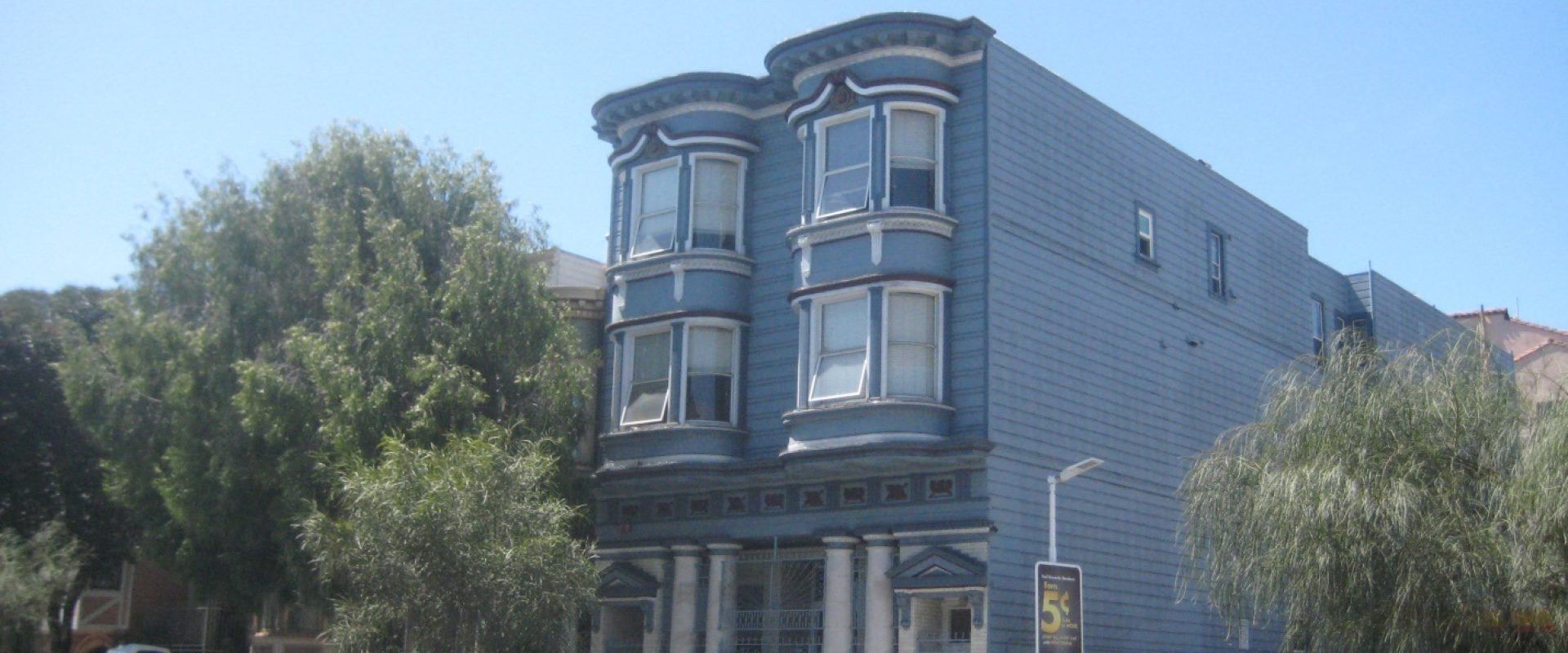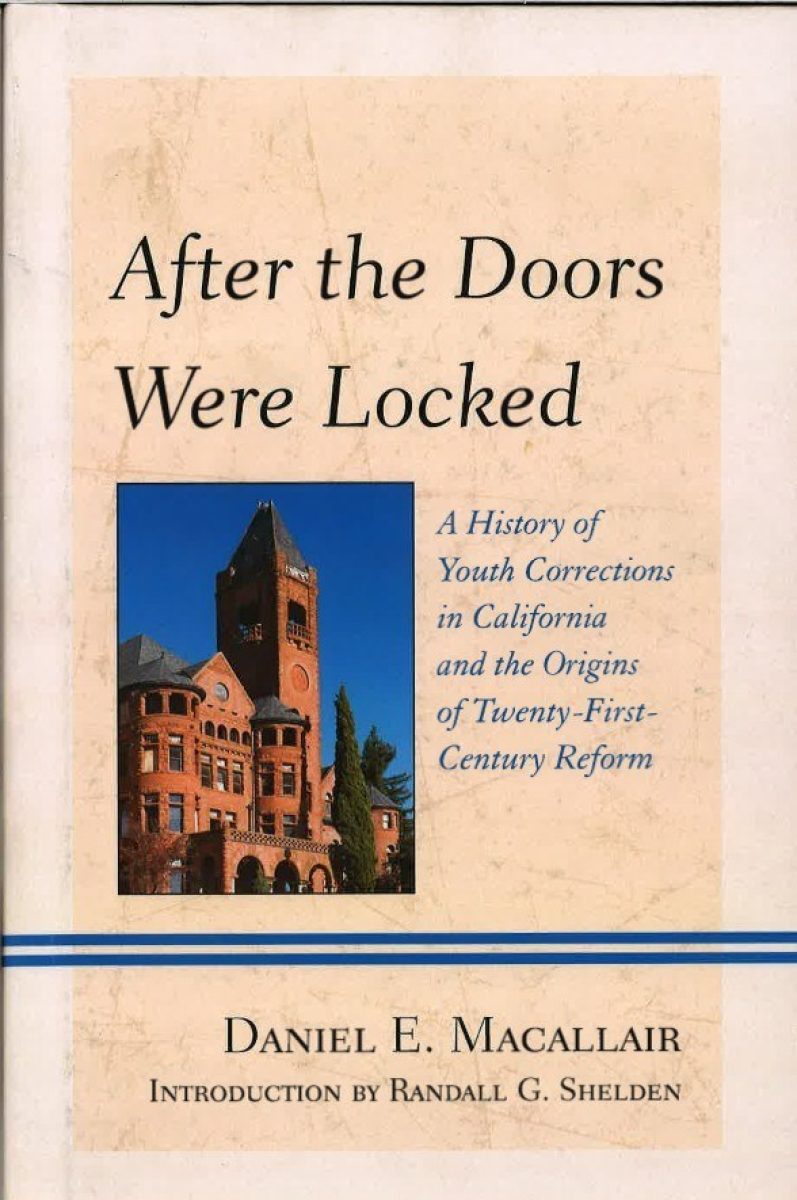CJCJ’s story is one of unwavering commitment and practice in action. Now in it’s 39th year, CJCJ remains a leader in justice system reform through advocacy, research, direct service, and technical assistance.
Our story begins in 1986 when Dr. Jerome Miller, the former director of the Massachusetts Dept. of Youth Services and the pioneering leader in closing youth prisons in the early 1970s, established the San Francisco Office of the then Virginia-based National Center on Institutions and Alternatives (NCIA). The office was to provide a platform to promote prison reform in California as the state blindly plunged into the era of mass incarceration. In 1991, CJCJ became an independent agency dedicated to pursuing Dr. Miller’s vision of eliminating archaic institutions in favor of a more humane and balanced justice system.
For the past four decades CJCJ has been a committed voice in reducing the state’s prison population and promoting sentencing reform and prison alternatives. CJCJ’s research is routinely cited by policy makers and opinion leaders throughout the state and nation. The agency’s greatest accomplishment was our role in closing the state’s long discredited youth prison system and shifting resources to local communities. The closing of the California youth prison system was the culmination of nearly four decades of determined advocacy by CJCJ and other California advocacy groups and ranks as one of history’s most sweeping and foremost justice system reforms.
CJCJ stands unique in its approach to justice system reform. Along with research and advocacy, CJCJ develops innovative and effective prison alternatives for the most challenging populations. Over the years, CJCJ launched innovative programs for justice-involved individuals with histories of substance abuse, mental illness, homelessness, violence, and chronic unemployment that were replicated in jurisdictions around the country. Our most recent program, Cameo House, is San Francisco’s first residential alternative sentencing program allowing homeless mothers facing imprisonment to serve their sentence in the community while residing with their children.
In addition, CJCJ provides technical support to human rights litigators seeking to reform local and statewide justice systems. Over the years, CJCJ’s unparalleled expertise in justice system reform, has
contributed to the sweeping restructuring of justice systems in California, San Francisco, Hawaii, and Washington DC. The closing of the California youth prison system in 2023 and the rapid decline of California’s adult prison population stand as testimony to the efforts of CJCJ and our many California partners and allies about what sustained and committed advocacy can achieve.


